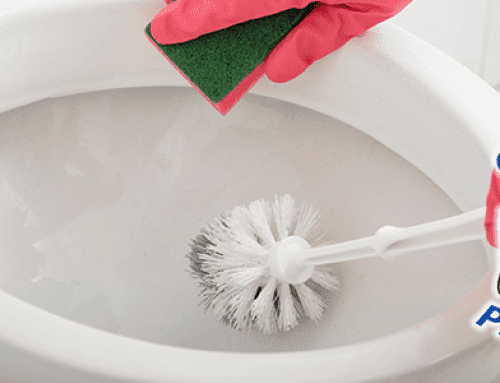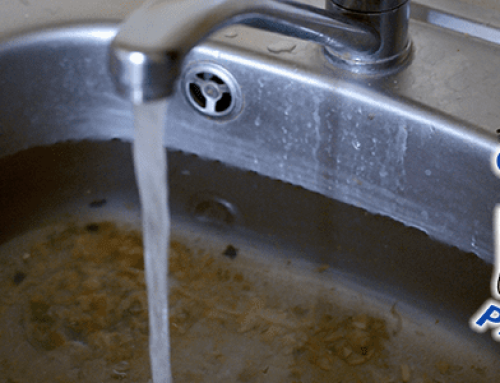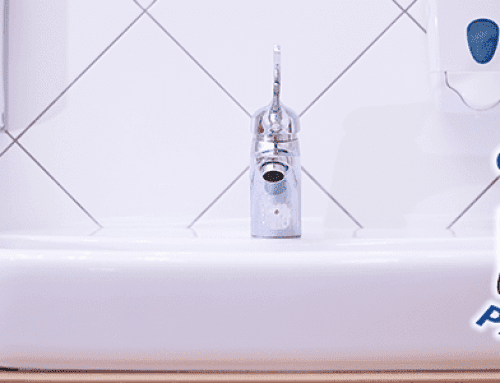Properly Using Your Sink’s Drain
The modern home is filled with drain lines from kitchen and bathroom sinks to tubs, showers, and toilets. We know the basics about how they work and how to keep them clean. But there are still some things that most people do not know should NEVER be put down a drain. On the flip side, there are some things that you can and SHOULD put down a drain line to help to clean and deodorize them without harsh chemicals. So today, we are looking at what you should and should not be placing into your drains.
SHOULD:
-
Small food particles
If you have a garbage disposal, then food waste is safe to put down the sink as it will be broken down and will not harm the environment on its way out.
-
Drinkable Liquids
If you have coffee or tea or some other beverage that you did not finish, it is safe to pour these down the sink. However, it is worth noting that coffee grounds, unlike the beverage, should not go into the drain as they do not dissolve in water and can contribute to future clogs.
-
Hydrogen Peroxide
It is a good idea to pour hydrogen peroxide down a drain that is susceptible to clogs. It is known to help dissolve clogs or at least agitate them enough that they can be easily rinsed away. Hydrogen peroxide is also excellent at eliminating mold and mildew in a, particularly smelly drain.
-
Drain Cleaners
While not all drain cleaners are created equally, they are safe to pour down the drain for the most part. Just be sure to flush them with enough water afterward.
SHOULD NOT:
- Grease/Oil
By now, this should be common knowledge, but any cooking oils, grease, or fats do not belong in the drain. This is because they are very sticky, and when they cool down, they become very thick and cause drain clogs. They are some of the most common reasons for drain clogs.
-
Honey
For much the same reason as grease and oil, honey is very sticky and can cause other debris from your sink to stick to it. Eventually, this will form a clog in your drain.
-
Paper
Toilet paper should be the only paper you put down a drain. Paper towels are too thick and can easily become entangled in your pipes leading to clogs. While we are at it, you should also never flush sanitary towels, cotton balls, swabs, or so-called “flushable” wipes.
-
Starch
One exception to the food scraps rule is starch. Starchy foods like potatoes, rice, or noodles should not be put down the drain. Consider this; the starch is used in liquid recipes to thicken up and bind ingredients together. It does the same thing inside your pipe, so you can easily see how it causes clogs.
-
Egg Shells
A popular “hack” online says to put eggshells in the garbage disposal to help clean it. We do not recommend this as the shells can cause damage to the disposal blades, and the membrane on the inside of the shells can wrap around the blades, causing costly damage.
-
Medicine
There is a popular idea that unused medicine should be flushed to get rid of it. But this can be quite harmful to the ecosystem and the water supply down the line. So instead, many pharmacies will take back any unused medicine for proper disposal. You can also take medications to a local waste disposal facility.




